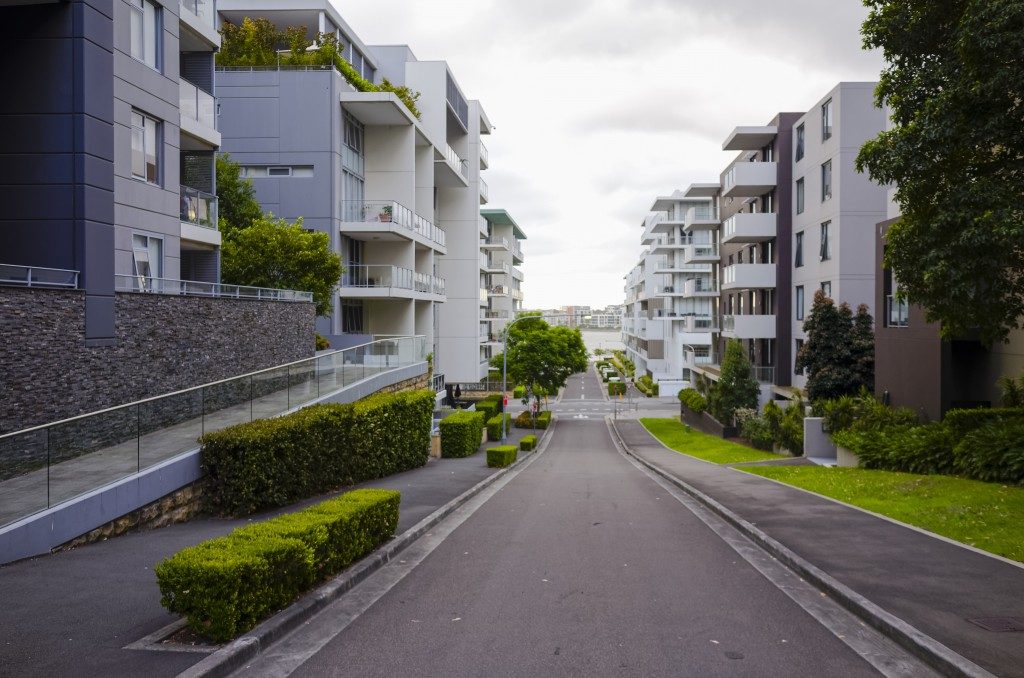A home upgrade or improvement can go both ways. While it can raise a home’s value — which is helpful come selling time — it can also increase property taxes.
The property tax amount is based on a home’s assessed value. If that value increases as a result of remodeling or home improvements, you would need to pay higher taxes as a result. This is the case even if the tax rate for your property stays consistent.
You can either comply with resultant increases in taxation or formally challenge an assessment. But before going into that, it’s helpful to understand how property tax increases due to home improvements.
How does an increase in property taxes happen?
County appraisers and tax assessors are mandated to keep tabs on the value of virtually any type of real estate. To do this, they employ several strategies to detect improvements or any noticeable changes in a home.
First, some assessors go out in the field to monitor a neighborhood with their own eyes. If they see a new patio or additional improvements to the latter, assessors will take note of that. For bigger tax districts, assessors utilize small planes to take aerial photographs of properties. Improvements made at the back of the house can be detected through this method.
Second, assessors go through building and demolition permits. Project cost is often the most glaring detail in these permit requests as it gives assessors a good idea if it contributes to an increase in home value. Spending too much on a particular improvement will surely attract the attention of appraisers and assessors.
Third, even if homeowners get away with making improvements without the necessary permits, assessors will still be able to reassess home values by monitoring home sale prices.
In particular, assessors will notice when a home’s market value increases over time. This usually happens when a house is upgraded and then transfers to a new owner. That new owner will most likely introduce his or her own set of improvements, thereby increasing home value once again. Assessors will pick up on this and proceed with the necessary taxes.
Challenging an erroneous assessment

However, tax assessors aren’t always right when it comes to property taxes.
There are cases where a property’s number of bedrooms is incorrectly recorded. Some homes might be wrongly subjected to a blanket assessment of property values in a given neighborhood. Additionally, assessors could also make mistakes in valuing a new basement remodel.
Erroneous assessments can be inconvenient, but there are ways to appeal appropriately. You should first contact the local appraiser and calmly discuss your side — why you think the reassessed value is a mistake.
If the issue isn’t resolved right away, inquire about the appeal process and start building up a solid case.
Ask support from your real estate agent to gather a list of tax-comparable houses that look considerably better than your home. It’s also a good idea to get an independent appraiser to assess your property. These types of information will help you make a strong case for appealing an increase in property taxes.



